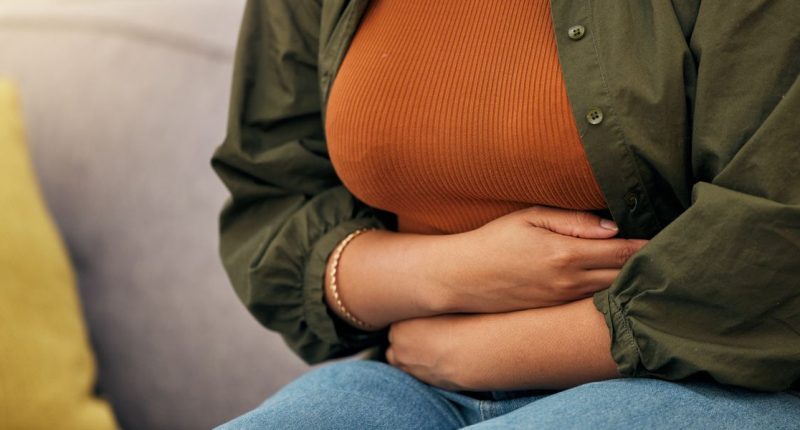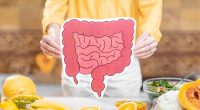An individual’s diet “plays a central role” in treating irritable bowel syndrome and is considered more effective than medication, latest research reveals.
Scientists from the University of Gothenburg have found that nearly three quarters of people with irritable bowel syndrome (IBS) experience less symptoms of the condition after making changes to their diet.
IBS is a common condition that affects the digestive system, with symptoms including constipation, diarrhoea, cramps and bloating. Symptoms tend to come and go over time, and can last for days, weeks or months at a time.
Medication can be prescribed to improve some symptoms, such as gas or abdominal pain. In addition, antidepressants are sometimes given to people with bad symptoms of IBS.
- Link between high cancer risk and poor diet identified in recent study
- Ketogenic diet can ease symptoms of bipolar disorder and schizophrenia
- High salt intake and pro-inflammatory diet associated with type 2 diabetes
However, most people with the condition are advised to make alterations to their diet by consuming small and frequent meals, as well as not drinking a high amount of alcohol, fizzy pop and coffee.
During the experiment, the team of researchers examined three treatment options, with two consisting of dietary adaptions and one involving medications.
Individuals taking part in the study are from Sahlgrenska University Hospital in Gothenburg and all have either severe or moderate IBS symptoms.
Participants in the first group were instructed to follow the FODMAP diet – a traditional IBS diet which focuses on eating a low intake of fermentable carbohydrates.
People following a FODMAP diet should avoid eating products with lactose, onions, grains and legumes because they cause pain due to them fermenting in the colon.
Those in the second group started following a diet low in carbohydrates, but high in protein and fat.
Meanwhile, the participants in the third group were given medication to treat their IBS symptoms.
A total of 100 people were in each group, and they were completing their treatment for a month.
By the end of the trial, the participants in group one had reduced their IBS symptoms by 76% and those in group two had decreased theirs by 71%, the study has reported.
The results have revealed that the participants in the medication group reduced their symptoms by 58%.
Following the trial, all the participants were experiencing a better quality of life, less physical symptoms and fewer feelings of depression and anxiety.
- Diet Coke associated with heart complications, research indicates
- High protein diet can damage your arteries, research suggests
- Vegan diet associated with reduced risk of sleep apnoea
When the participants in the dietary groups had switched back to their normal food routines six months later, their symptoms were still reduced by roughly 60%, according to the study.
First author Professor Sanna Nybacka said: “With this study, we can show that diet plays a central role in the treatment of IBS, but that there are several alternative treatments that are effective.
“We need more knowledge about how to best personalise the treatment of IBS in the future and we will further investigate whether there are certain factors that can predict whether individuals will respond better to different treatment options.”
Read the study in The Lancet Gastroenterology & Hepatology.






